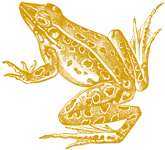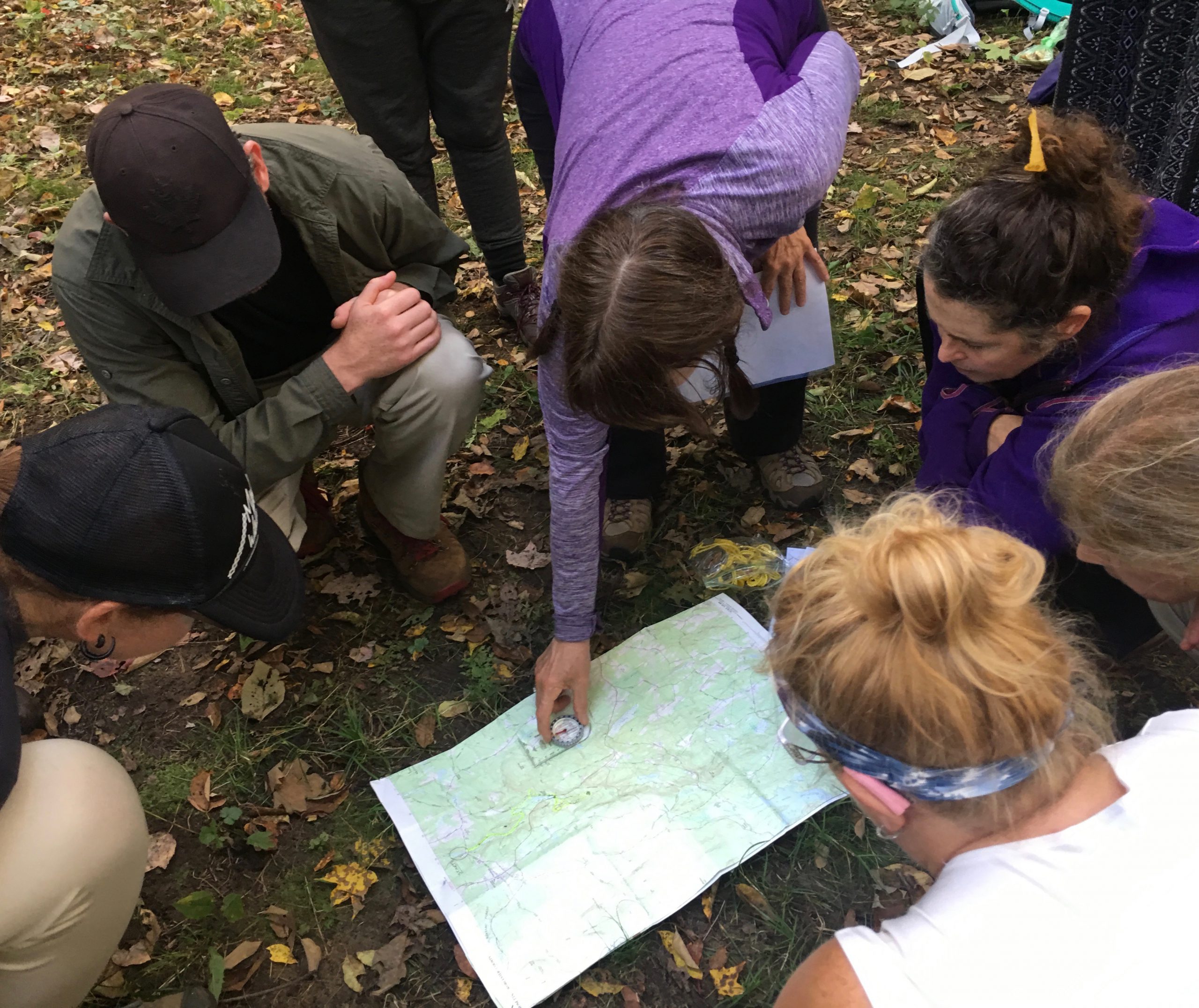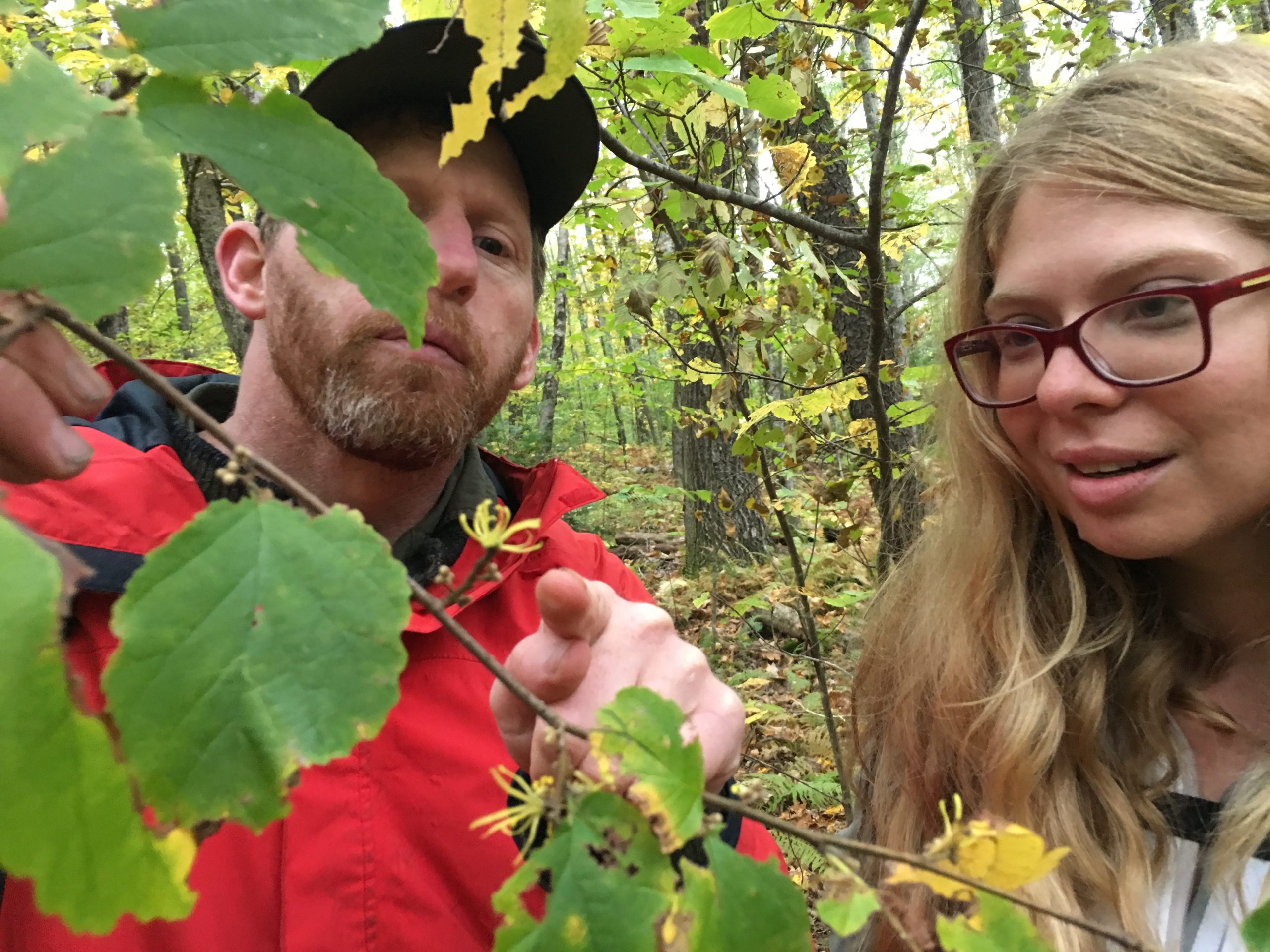Semester on Earth


Fundamentals of Human and Humanitarian Ecology
The Semester on Earth is a multifaceted, experiential 16-week university-level human ecology program exploring the impact that the natural world has on people and that people have on the natural world. The program focuses on how individuals and small communities are affected by the changing natural world as well as how they can contribute to healing the planet and themselves.
The Semester on Earth is based on the understanding that humans are experiencing an increasing separation from the natural world, other life forms, and the human family. The entrenched worldview that humans now possess isolates individuals from the cycles and insights of natural ways and has produced an unsustainable culture of consumption, greed, and separation.
The Semester on Earth program examines ways for individuals and communities to find regenerative, sustainable, and just solutions to current problems brought about by this unsustainable worldview. The program seeks to shift the conception of humanity’s place and role in the natural world to an understanding that humans are, indeed, an integral part of the natural world and must become stewards of the earth instead of users of the earth.
Our holistic approach, weaving together wisdom and views from diverse fields and cultures, offers a multitude of perspectives and encourages creative approaches to living as an integral part of the natural world, with wisdom from the past, science from the present, and concepts for the future.
Students will leave with a rich and deep accumulation of information, knowledge, wisdom, skills, actual lived experiences, and tools to make meaningful changes in themselves, their communities, and their chosen careers, helping the world become more ecologically sustainable and helping people re-balance their lives to become more in tune with the cycles and healing powers of nature.
You Do Not Need to Be an Ecology or Environmental Studies Student to Benefit From this Program
If you work or study in any field, and feel that the well-rounded and holistic information, background knowledge, wisdom, experiences, skills, and tools learned during the eight weeks of the Semester on Earth will inform your decisions, discussions, and influence in your work, you are welcome! This program provides wide and deep foundational knowledge for anyone concerned about our planet and searching for ways to help create a sustainable future.

For details about the Semester on Earth curriculum, click here.
Ecology, Human Ecology, and Humanitarian Ecology: What Are They?
Environmental Science
Environmental science starts with the environment and examines how the physical, chemical, and biological components of an environment are affected by natural and man-made processes. It seeks to find ways to protect natural environments from negative factors that affect both the environment and the living things within that environment. Negative factors include naturally occurring events such as volcanic eruptions and earthquakes as well as, sadly, problems caused by human activity such as pollution and climate warming.
Ecology
Ecology starts not with the environment, but with the life forms within environments.
Ecology is the study of how life forms interact not only with their environments but also with each other.
Traditional sciences such as chemistry and biology start with an organism and break it down into smaller and smaller parts, studying each part and what role it plays in the whole. Ecology approaches organisms in an entirely different way. Ecologists start with an organism and build it up into increasingly larger groups of that organism such as populations and communities. Ecologists examine how the groups interact with each other and with the natural, social, economic, and political environments around them.

Human Ecology
Human ecology delves deeper into the human side of ecology: how humans interact with each other and with their various environments. It is the confluence of human societies, cultures, and nature. Human ecology studies the interactions between the human worlds of social, economic, and political activities and the natural world. Combining information and research from the physical sciences, social sciences, economics, and the humanities, human ecologists work to find solutions to complex environmental problems.
Humanitarian Ecology
Humanitarian ecology is a sub-specialty of human ecology, addressing the chain of human changes to the natural world causing environmental changes that cause changes to human social, economic, and political changes, which in turn cause changes in the security of human life–food insecurity, shelter/housing insecurity, safety, and justice.